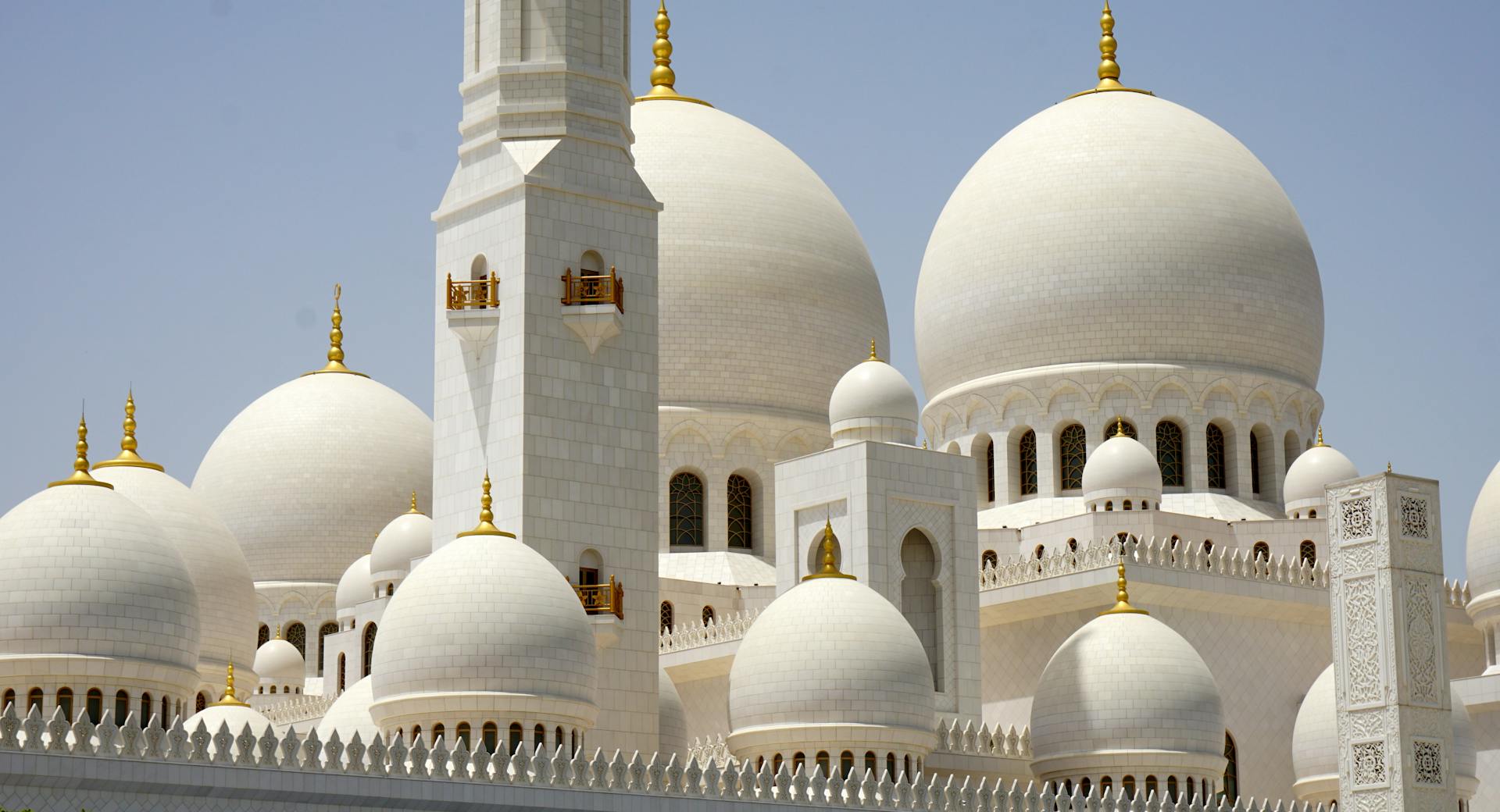To live a fulfilling, productive life, you need good health and wellness, but for many people, these are out of reach. Good health requires many things, including enough food for nutrition; clean water; shelter from the elements; some education about hygiene; a stable, safe environment for mental health; and access to emergency and preventative healthcare.
Unfortunately, in many communities throughout the world—especially those that lack the wealth and resources to sustain themselves and the people that live in them—there is a large gap in both health and the provision of healthcare. Poverty and issues like famine, homelessness, water-borne illnesses, epidemics, air pollution, and violent conflict all have a negative effect on billions of people’s health each year, and a huge number of these people have limited or no access to medical facilities. They can’t get a surgery if they need it. There is no medicine for them. A minor accident that wouldn’t be a big deal elsewhere could become a major problem. If they have a complex disease like cancer, they may be totally out of luck. According to recent research by the World Health Organization, more than half of the world’s 8 billion residents lack access to adequate healthcare services, while another 2 billion struggle financially to access the services available to them. This has a direct effect on both local economies and individual finances, and in many cases makes the poverty cycle go on and on, since being in poor health often means you cannot work. This makes it very hard for people to break out of poverty.
The Role of Health in the UN Sustainable Development Goals
The United Nations has acknowledged how important health is in its Sustainable Development Goals (SDGs), which are the 17 goals of global equality and sustainability that should be achieved by 2030. Sustainable Development Goal 3 specifically seeks to “ensure healthy lives and promote well-being for all at all ages.” This goal leaves little room for ambiguity, making it clear that the enjoyment of good health and access to health services is a basic human right that all people have. That means the universal achievement of this right is essential for a world that is economically and politically sustainable. Other Sustainable Development Goals also have to do with promoting health, like SDG 6, which is about clean water and sanitation for all, and SDG 11, which has the goal of making cities better and safer for people to live in.
The Importance of Health in Islam
Many religions also emphasize both the importance of health and the need for taking care of people who are ill, sick, injured, or weak—this is one of the big shared beliefs that lots of faiths have in common around the world. Islam is one of them. Islam, for example, holds up health as second only to faith, acknowledging that it is only possible to fully know and worship Allah (SWT) when a person has a healthy, functional body and mind. There are a number of statements in Islamic texts that relate to the importance of health, like the statement by the Prophet Muhammad (PBUH) that “Second to faith, no one has ever been given a greater blessing than health.” There are also many hadiths that speak about the responsibility a person has to maintain their health, including the statement, “No one will be allowed to move from his position on the Day of Judgement until he has been asked how he spent his life, how he used his knowledge, how he earned and spent his money, and in what pursuits he used his health.”
Besides the numerous mentions of health in many texts, Islam emphasizes how important it is to help with others’ health and wellness through a number of its suggested and required practices. For example, Qurbani is a ritual that involves sacrificing an animal during the holiday of Eid al Adha and sharing that meat with people in poverty, and Zakat is an obligatory yearly contribution for many Muslims—those who are lucky enough to have a certain level of wealth—to support the well-being of people who are not as fortunate. All Muslims are also encouraged to give regularly to support people in need, such as by giving food; one common saying goes, “The best charity is to satisfy a hungry person.” Other texts talk about giving water to the thirsty: “I asked [the Prophet] which charity is best” … “The Prophet said, ‘A drink of water’”. These are all ways to combat malnutrition, hunger, famine, and disease, and help people who are sick and suffering live in better health.
Islamic Relief USA’s Health Projects
Islamic Relief USA (IRUSA) is a nonprofit organization that supports the health of those who are less fortunate throughout the world. As part of its mission to “provide relief and development in a dignified manner, regardless of gender, race, or religion” and vision of “working together for a world free of poverty,” the organization provides nutritious meals, clean water, emergency and ongoing medical care, and psychosocial care to communities in Africa, Asia, the Middle East, Europe, Latin America, and North America.
Recent programs have included the provision of medical supplies to hospitals and other facilities in Gaza; the establishment of a mobile clinic for Syrian refugees in Jordan; a nutrition program for mothers and babies in Sudan; psychosocial support for internally displaced people in Sudan; a midwifery education program in Yemen, and a health services program in Kosovo. These and other programs are improving the lives of hundreds of thousands of people.
To learn more about IRUSA’s health programs, you can visit https://irusa.org/health/.

Leave a Reply